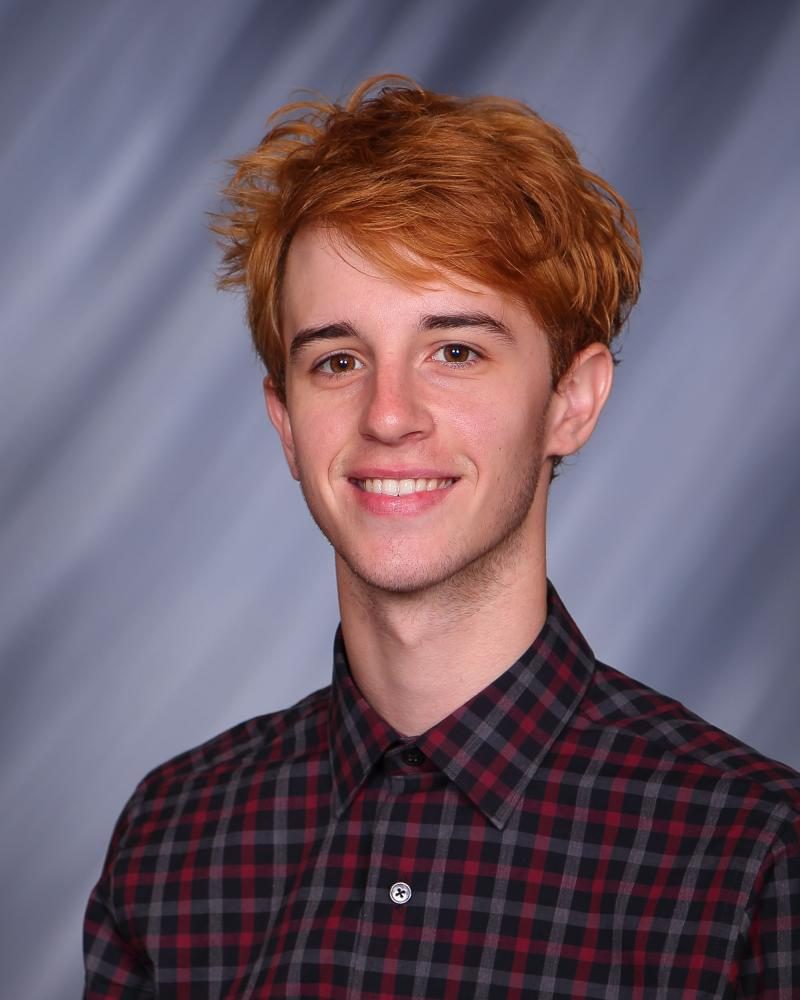Executive editor bids farewell, discusses role of student press
Apr 27, 2017
Half of my four years at the University of Northern Iowa were spent as executive editor for this student newspaper, and I couldn’t have asked for a better educational experience. Working at the Northern Iowan, producing over 100 editions in two years, taught me so much about the written word, the world around me and the people in it. (And don’t forget AP style!)
Prior to proper reflection, I must express thanks to the colleagues and friends who’ve made every late-night layout a blast.
I’d like to thank Laura Smith, my advisor and mentor for these past two years, for her guidance, wisdom and her friendship. Every difficult decision — whether it be to alter content strategy, the focus of a story or even remove a comma —was made easier because you were there.
I, along with the entire NI staff, owe a tremendous debt of gratitude to Michele Smith. She’s the backbone, the foundation, for the Northern Iowan. We rely on you for so much from day to day, and you’ve always been there to provide perspective, wisdom and support when things got dicey.
To Chris and the rest of the Northern Iowan board: thank you for the confidence you’ve placed in students to both maintain and push the boundaries of NI tradition. Your continued support will ensure the preservation of this fine institution well into the future.
Hannah, it’s been one heck of a ride. The work you did each day to produce our newspaper cannot be understated. (For those who may be wondering, there’s a lot more to it than crosswords and Sudoku!)
Clinton, you’ll do great. You have the talent, the passion and the guts to take the newspaper to the next level.
To Jacob, Leziga and Dylan: we’ve had an amazing year. It’s a pleasure to leave this labor of love in such capable hands.
Iris, you’ve been here longer than I’ve been alive, practically. You’ve been a model of dedication to the paper, and I’ve tried my very best emulate your hard work over the time that I’ve known you.
There’s many I’ve left out, but I must touch on the real substance of what I’ve learned. Perhaps the most relevant takeaway from my time here has been the importance of the student press.
I’ve learned that in an increasingly polarized world, the role of the press — especially the student press — cannot be understated.
In addition to the normative journalistic roles — the watchdog, the record-keepers, the fourth estate, etc. — the student newspaper must be a model for free, expressive dialogue. The student newspaper is an open forum, and an imperfect one at that.
My philosophy has been to give students a place to speak their mind, to take their first stabs at a position on controversial issues. Far from the lack of accountability found on social media, what you say in the newspaper matters. But for students, there is room for mistakes. We are members of an academic institution, and learning can and should take place very publicly within the pages of a newspaper — this goes for student reporters, reviewers, columnists and others writing in to voice their opinion.
That is not to say words are unimportant — how and what we say matters. Words hurt, and over time words can produce harmful, toxic ways of dealing with others.
But at the same time, the energy we devote to policing language may, at times, be best reserved for other issues. There are real, concrete problems in the world, things we have the power to change. How we talk about those issues is important, but solving problems requires perspective enough to forgive and learn from the blunders and the missteps.
Above anything else, journalism forces one to come face to face with others and talk to them. Far from the bubbles and atomization of social media, interviewing someone whom you share nothing in common with forces you to understand them — reading about what they have to say does the same. Journalists do their best to represent all sides fairly, and then it’s up to readers to form beliefs about the facts.
In the past two years as executive editor, I learned that the more we covered — the deeper we tried to go on an issue — the more complicated it became, and the less definitive my personal position on an issue became. The lesson I’ve taken from this is that knowledge is often negotiated. The world changes as fast as our personal beliefs.
We should welcome that fact.
— Nick Fisher
Executive Editor









